Gilded by Association: Autographs in the March 7, 2024 Auction
Autographs provide the collector with a number of joys, one of which is their ability to bring you closer to people in another time and place. Of course, every autograph shows the trace of a person in handwriting, but the knowledge that an autograph was also later kept and cherished by someone we admire makes such items particularly special, and the value on the market for this kind of autograph is accordingly greater. The March 7, 2024, Autographs auction has an uncommonly rich vein of such association pieces, including both those that belonged to the signer and those given by the signer to another.
Presidential Autographs
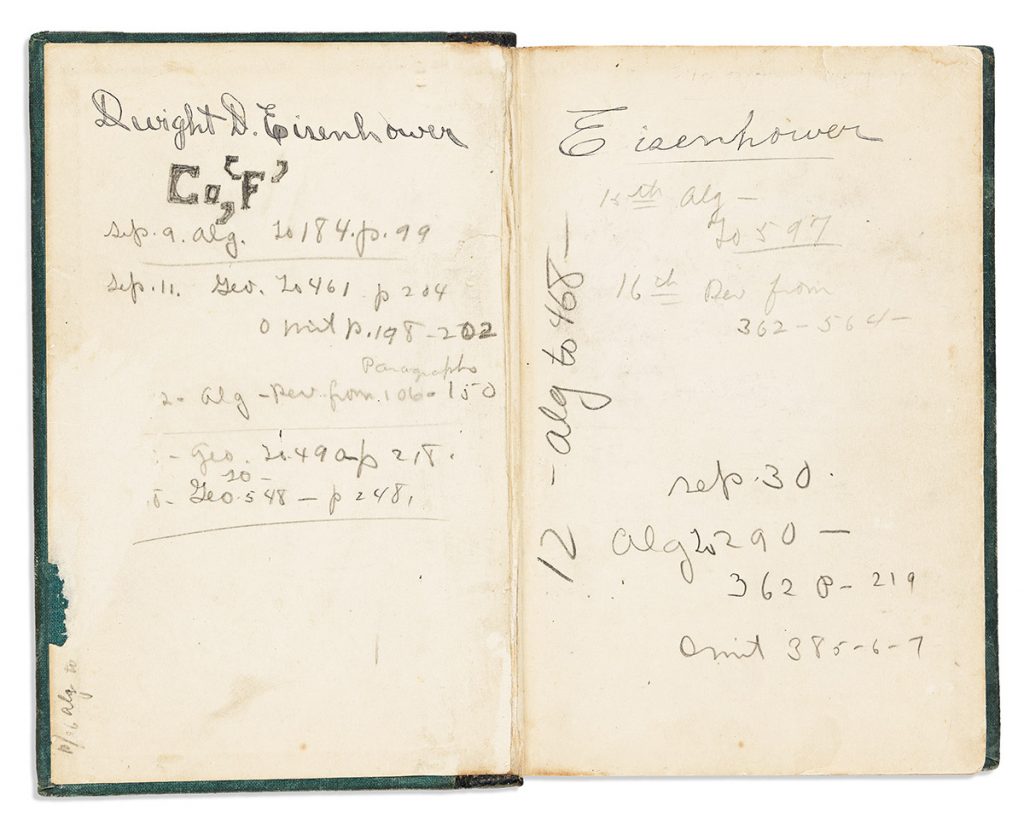
Even people who become U.S. presidents sell, gift, or abandon some of their property at one time or another, and there are three books in the sale that can serve as examples. Lot 73, for instance, is a geometry textbook in which Dwight D. Eisenhower drew diagrams and wrote his name when he was an uncommonly gifted math student at Abilene High School in Kansas. When Millard Fillmore was a U.S. Senator, he wrote his name in the copy of the Congressional Directory for the Second Session of the Thirty-First Congress in lot 76, likely having used it to learn the committee assignment or congressional district of a fellow Congressman. Franklin D. Roosevelt, who was a collector himself (of books, stamps, maps, and other things), purchased a copy of Anthony Trollope’s The Warden and wrote in it both his name and a notation questioning whether the book is a first American edition (lot 107).
Material with Close Associations to Important Figures
The historical importance of presidents makes their autographs particularly desirable, but in some cases, an autograph that is not usually in great demand can be elevated by its association with another figure of great importance. Lot 4, for instance, contains an extraordinary letter from Secretary of War Edwin M. Stanton in which he declines the suggestion to resign from office, written to his president—not Abraham Lincoln, who appointed Stanton, but Andrew Johnson, who succeeded Lincoln after his assassination. The author Oliver Wendell Holmes, whose Chief Justice son of the same name is perhaps better known today, wrote the letter in lot 155 to Frederick Douglass in which he remarks that “all the country knows your name,” as indeed it did.
Also desirable are autographs which are associated with someone closely connected to the item’s subject matter, even when that person is not of especially great historical importance. Sought out by book and autograph collectors alike are copies of the first edition of John F. Kennedy’s book, As We Remember Joe; the copy in lot 87 is not only desirable because it is signed and inscribed by JFK, the recipient named in the inscription is importantly the secretary of the book’s publisher, making it even more interesting. Warren G. Harding, writing as president about the possibility of appointing more women to government offices just two years after women won the vote, addressed the letter in lot 81 to suffragist Harriet Taylor Upton—not as well known as Susan B. Anthony, but an important contributor to the movement that realized women’s suffrage. Another example is the photocopy of an article in lot 50 inscribed by former Prime Minister of Israel David Ben-Gurion to former chair of the U.S. Atomic Energy Commission in 1966—the same year Israel acquired nuclear weapons.
Material with Association to Family Members
The March 7 sale contains an unusual number of items which were inscribed to the signer’s close friends or family who otherwise had relatively little impact on the world and whose life and work was largely unrelated to the item’s subject matter. An example, one that is again of great interest to both book and autograph collectors, are the limited edition “Christmas books” that Franklin D. Roosevelt sent to close friends as a Christmas greeting in certain years; the copy in lot 99 was inscribed as president (in 1943) to his friend and fellow polio activist Basil O’Connor. FDR also inscribed the two books in lots 100 and 106, both to his daughter, Anna. Astonishingly, Roosevelt was not the only U.S. president to inscribe books to Anna: if you were to view lots 118 and 122, you would find two books inscribed to her by Harry S. Truman. While serving in the army during the War, years after the success of his Our Town play, Thornton Wilder wrote the letter in lot 169 to his former English teacher from Berkeley High School, recalling the old days and declaring, “I don’t care how many of the boys write on the pavement: Thornton loves his teacher.” In the letter in lot 48, Alfred Nobel writes to his brother about the Nobel family’s relation to vice and virtue, and the duty to “slave until you drop.” Lot 171 contains a copy of In the Winter of Cities signed by Tennessee Wiliams; although there is no inscription, the same of his agent, Audrey Wood, is stamped in ink inside, demonstrating that the book belonged to her.
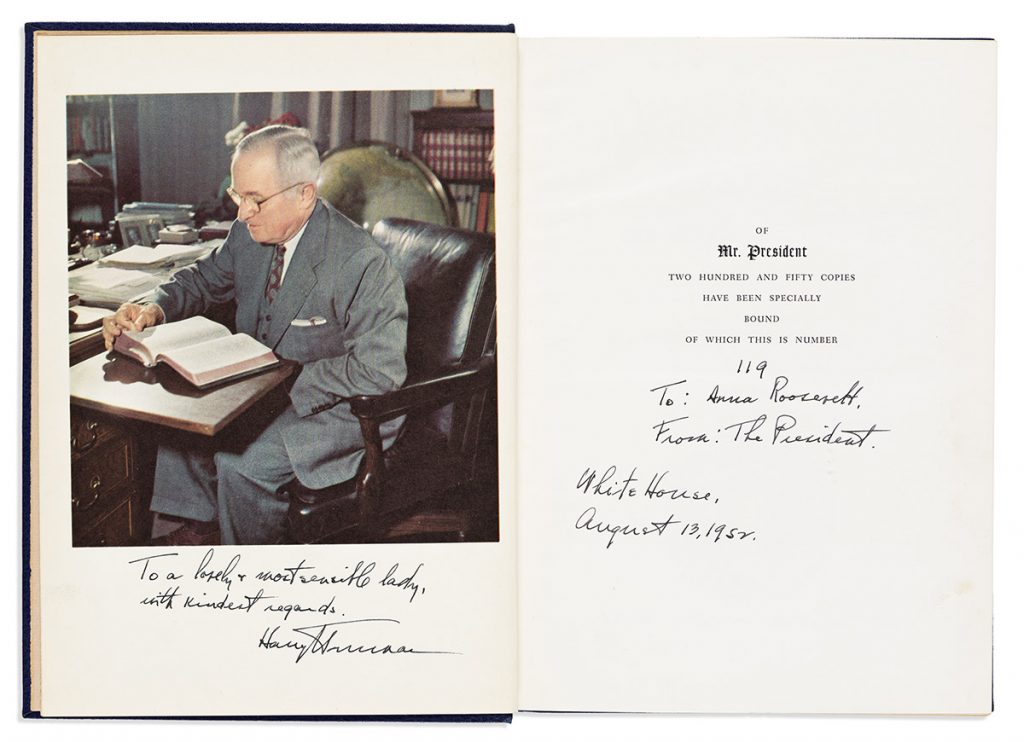
Another Tennessee Williams lot 170, is perhaps the sale’s most intriguing instance of an item whose value is enhanced by association. The lot contains a letter by Williams written to his family as an 8-year old, but the more important portion of the lot is the archive of letters written to Williams and other members of the family by his sister, Rose. Most of the letters were written in the latter part of the 1920s, when Rose attended All Saints’ College, a boarding school where she began showing signs of what was later diagnosed as schizophrenia. In the letters, Rose makes occasional references to insanity: in one letter to Williams, she writes, “Bulah walked in her sleep . . . and carried her pillow into the bathroom . . . . I’m as afraid of a person who walks in their sleep as I am of one who’s crasy [sic]”; or in another, “One girl had a terrible case of hysterics. Of course the girls flocked around her, which made her all the worse. Her mother was dead and a dear friend of hers was dying. She screamed, laughed and yelled. Some of the girls who crowded around her were orphans and they began to wail. The doctor had to be called. It sounded like a holy roller meeting. At least twenty girls crying at once. . . . I never spent such a night”; or in another, “I have been down . . . . I cried so hard yesterday that I was sick all day. . . . [S]ome days I feel like giving up the goast [sic] and others . . . I feel fine. . . .”; or again, “There was a big fire near here the other day. The country club burned down and we were taken by Miss James . . . to see it. We had the time of our lives, climbing on the fire engines and acting like escaped lunatics.” Although Williams was either attending school himself or working for his father during much of this time, he remained close to Rose, and after she was lobotomized in 1943, Williams devoted part of the proceeds from his plays for her care.
Just as an artfully applied touch of gold leaf on an otherwise humdrum object can make the whole into something magical, an autograph with an association can make an otherwise minor collectible into an extraordinary find, and there are few better opportunities to find gold than the March 7 autographs auction.
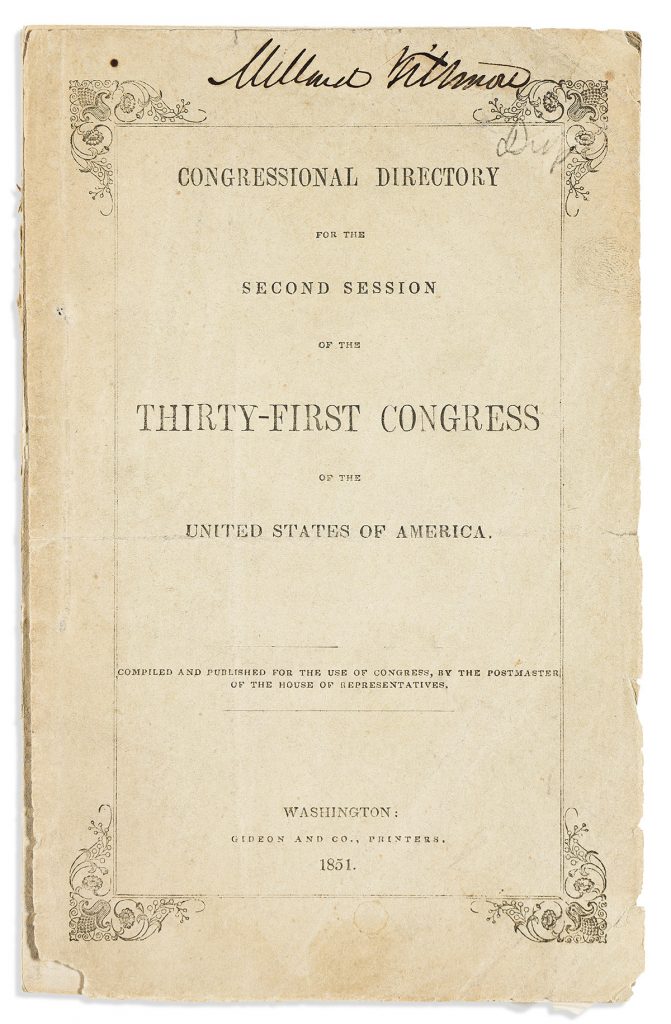
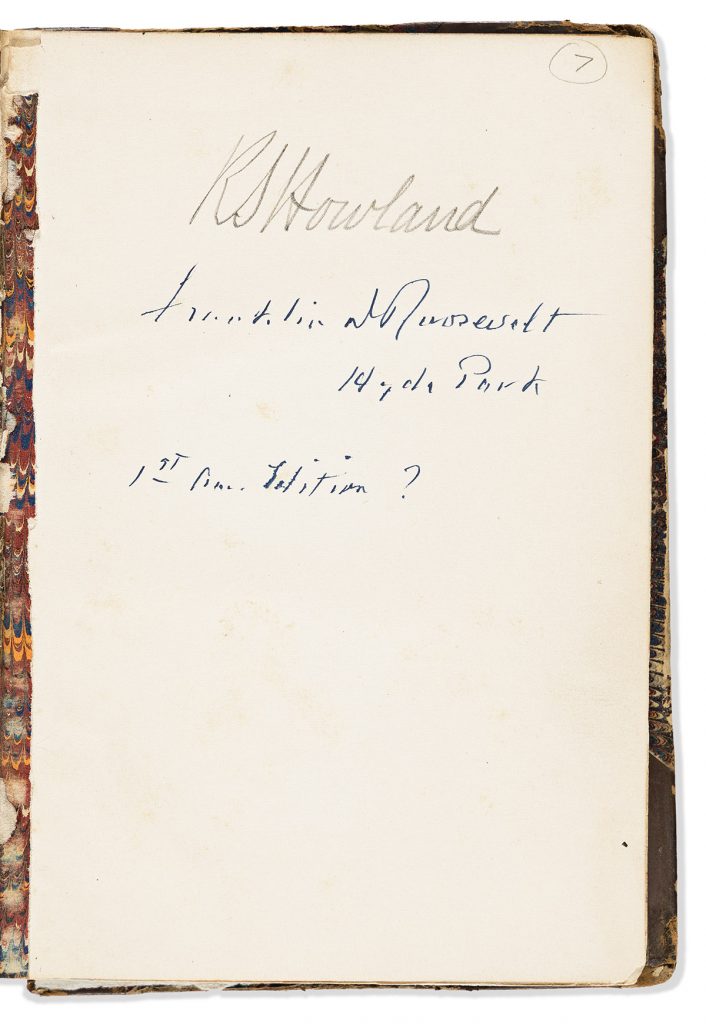
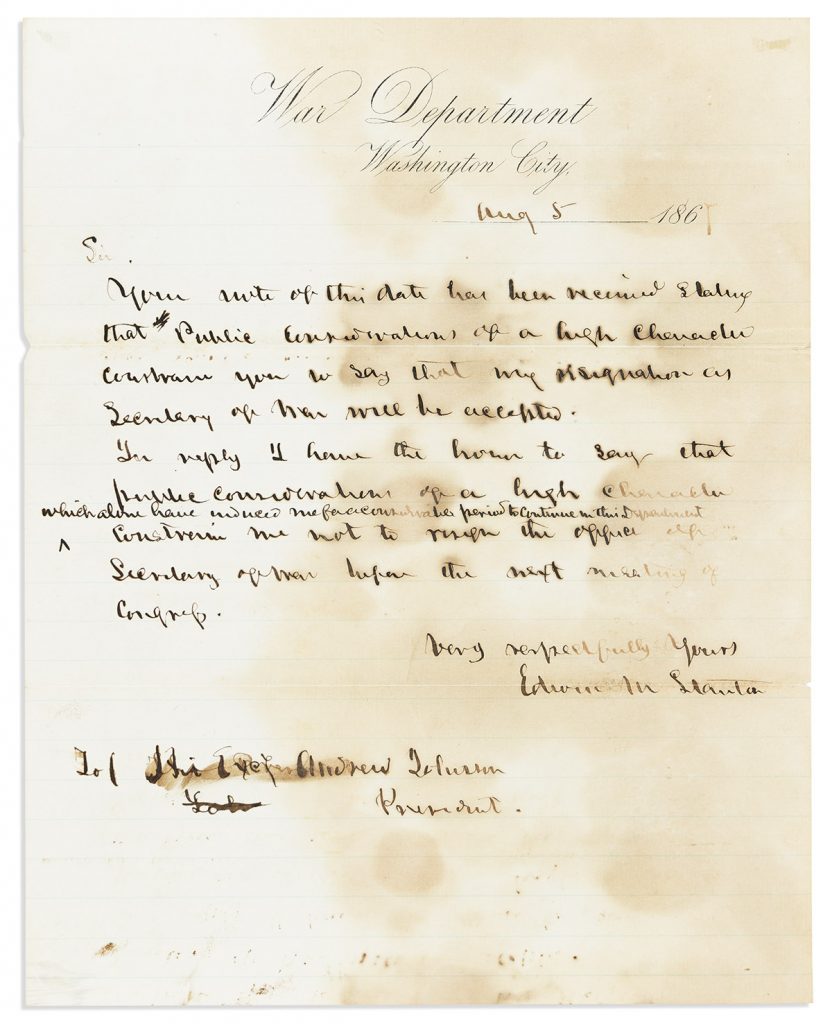
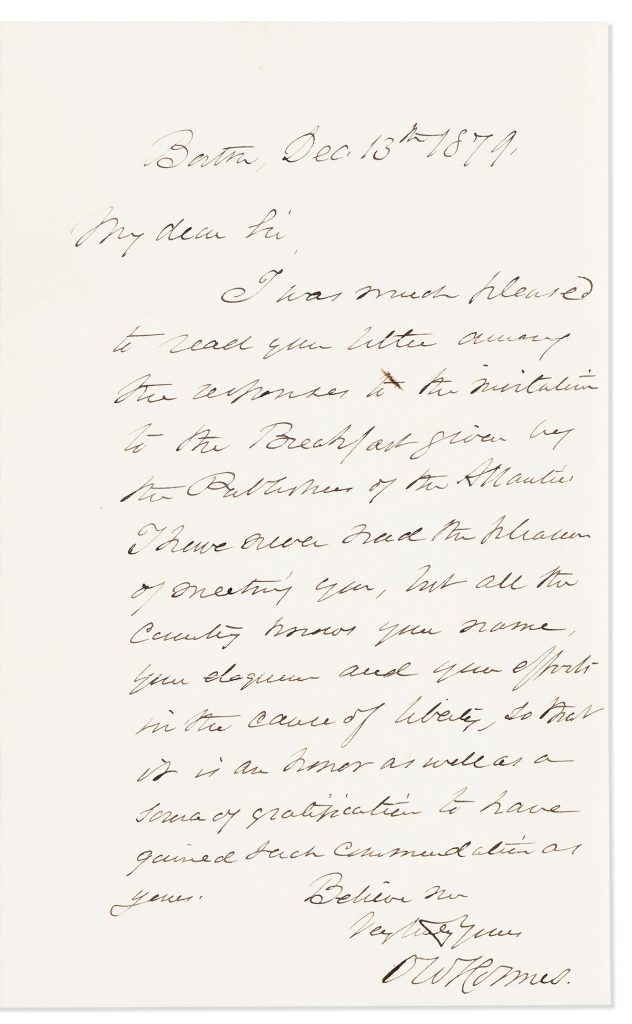
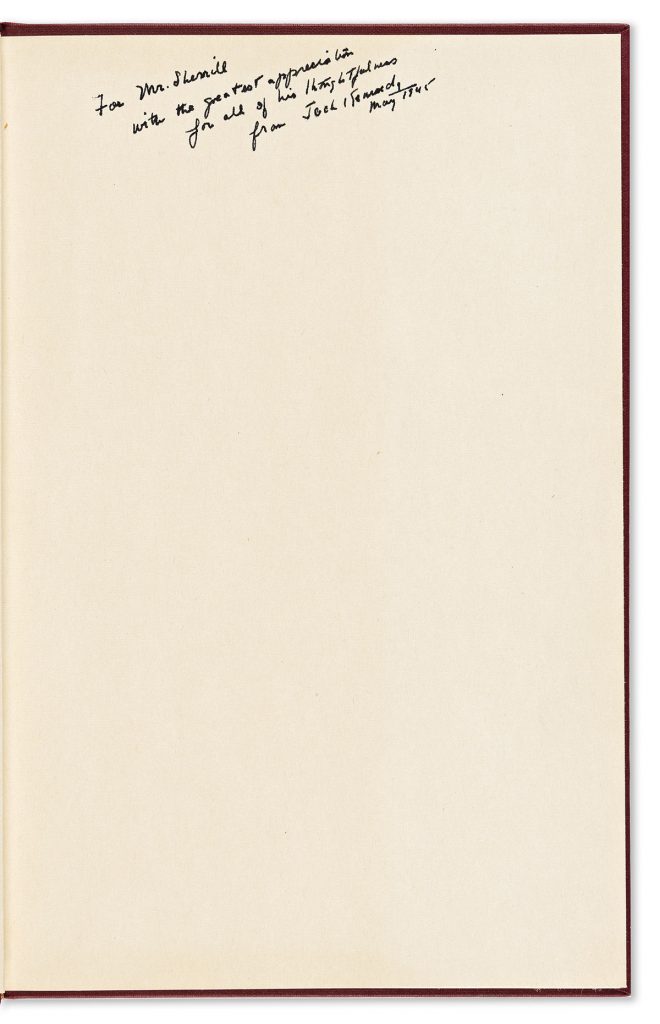
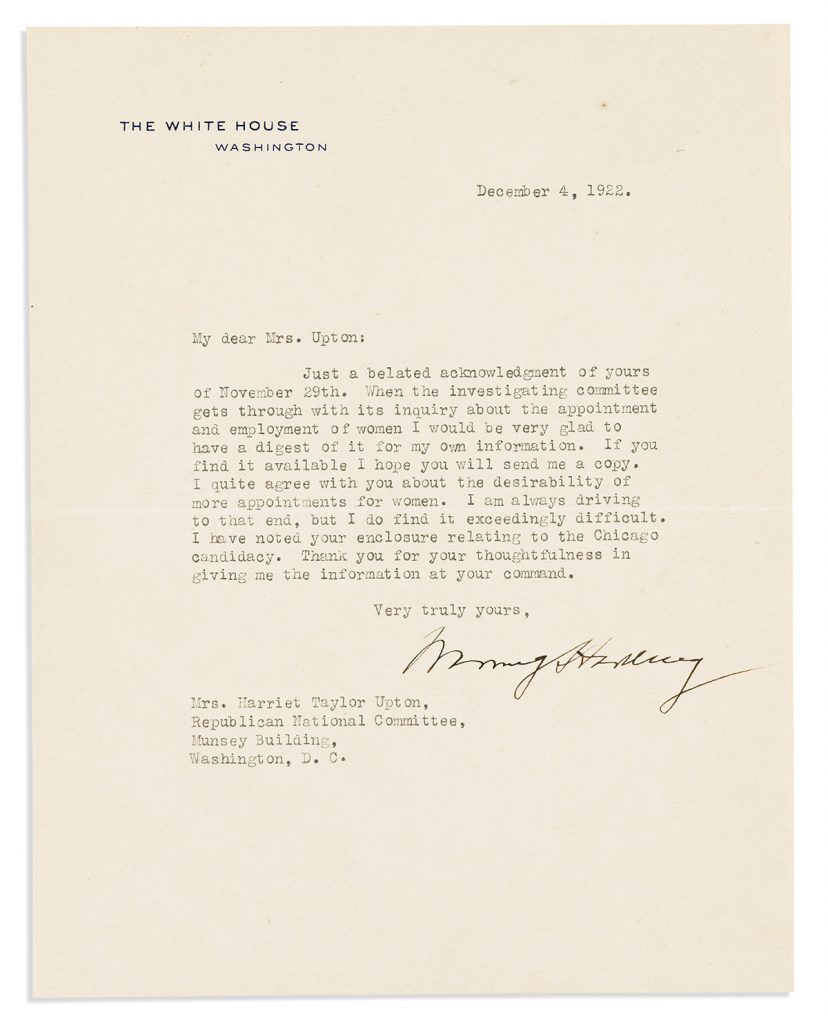
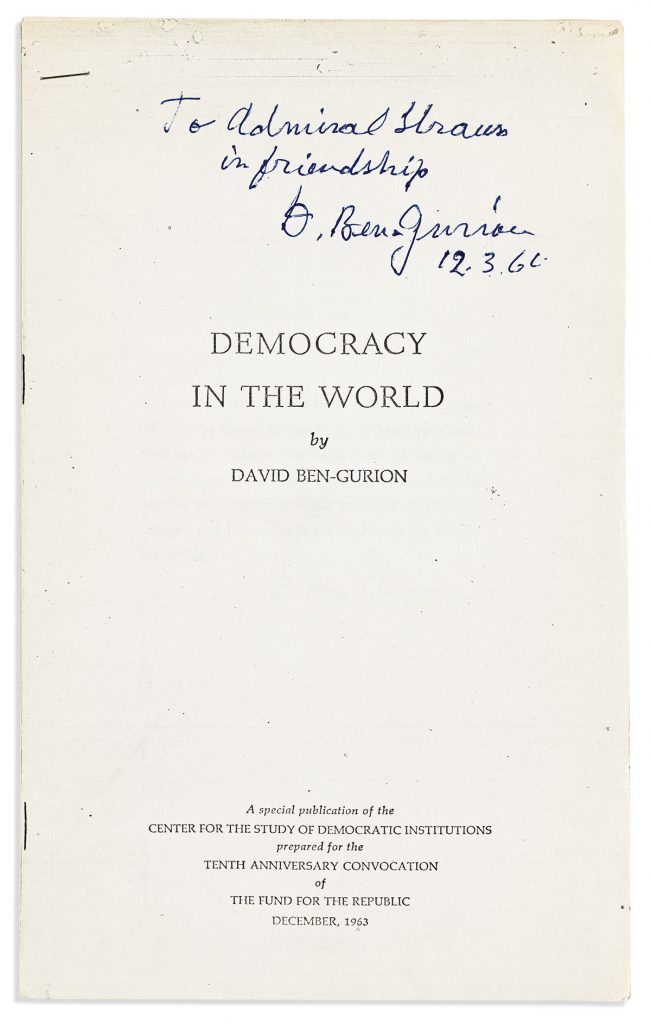
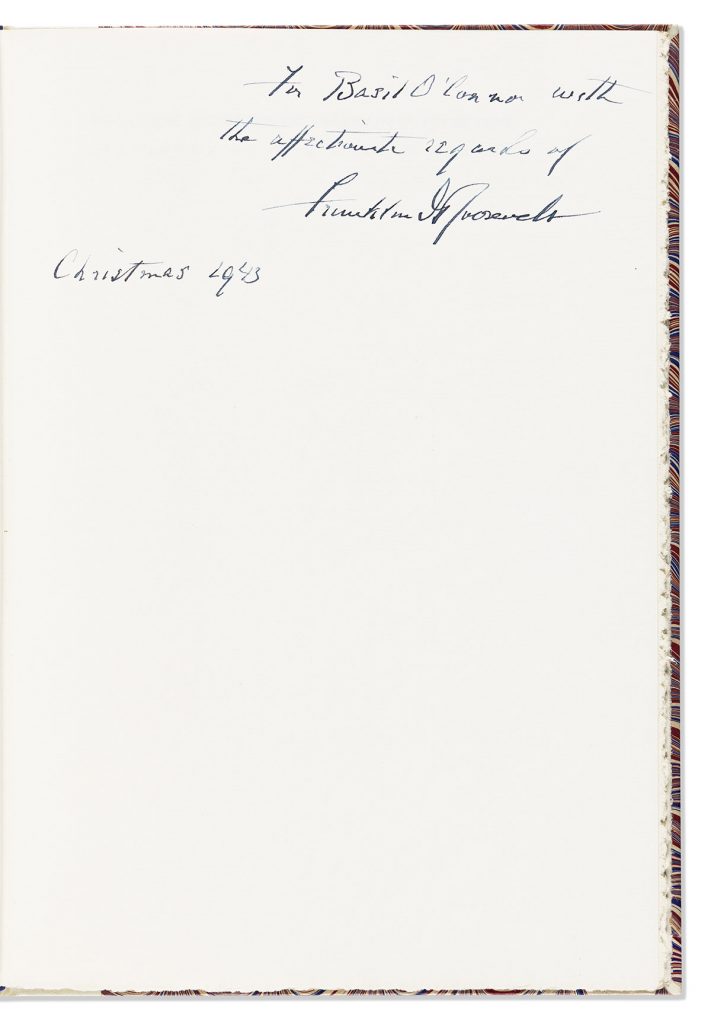
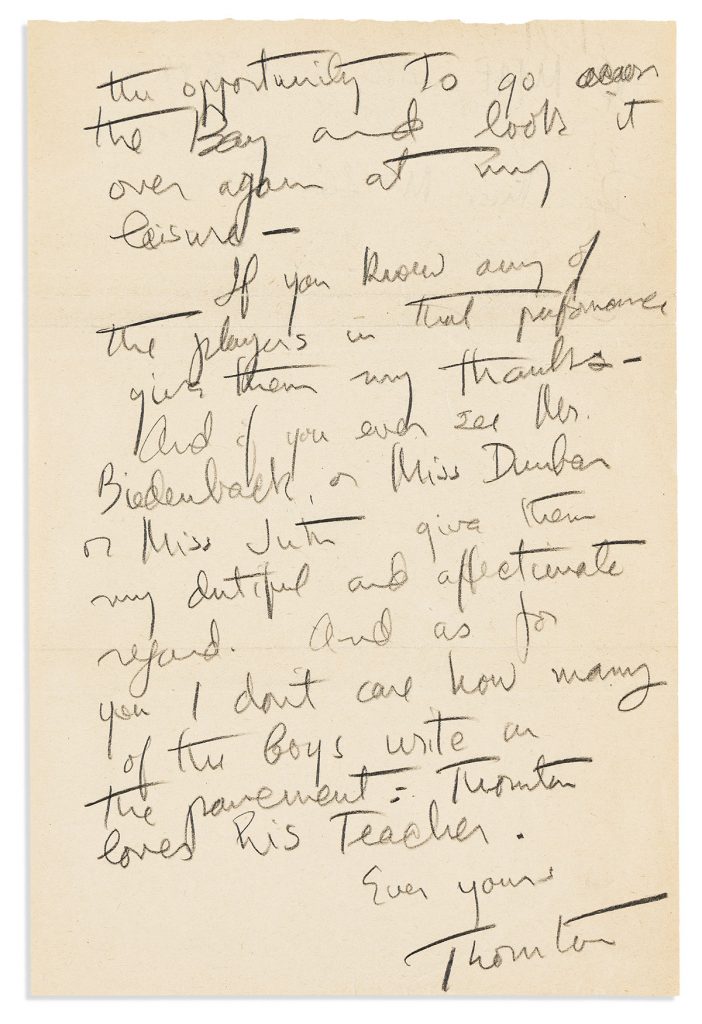
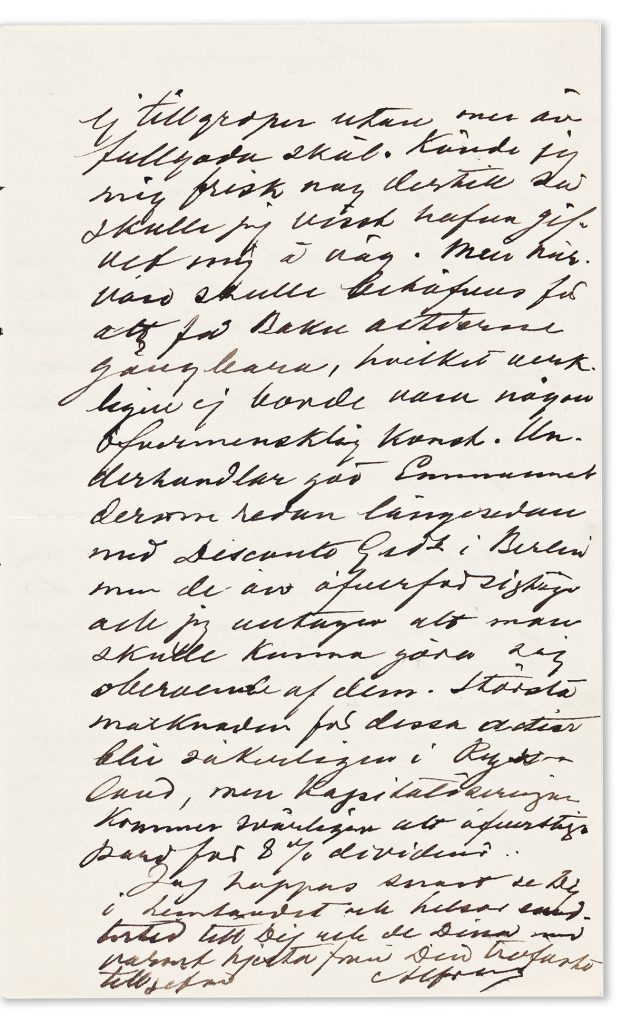
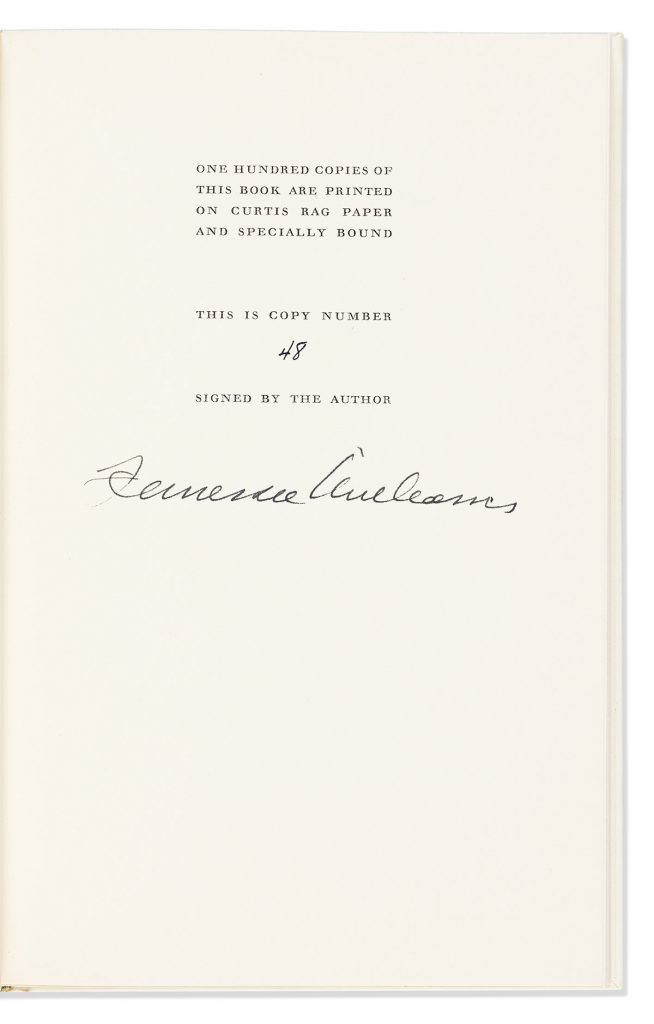
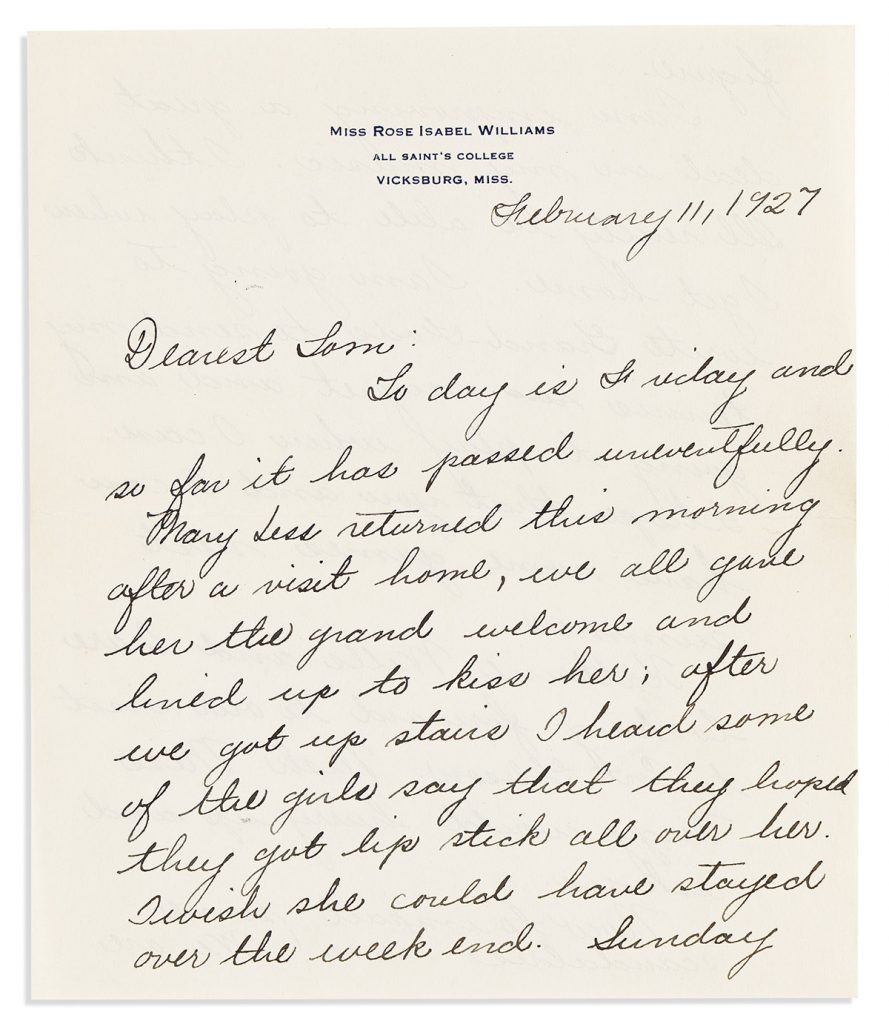
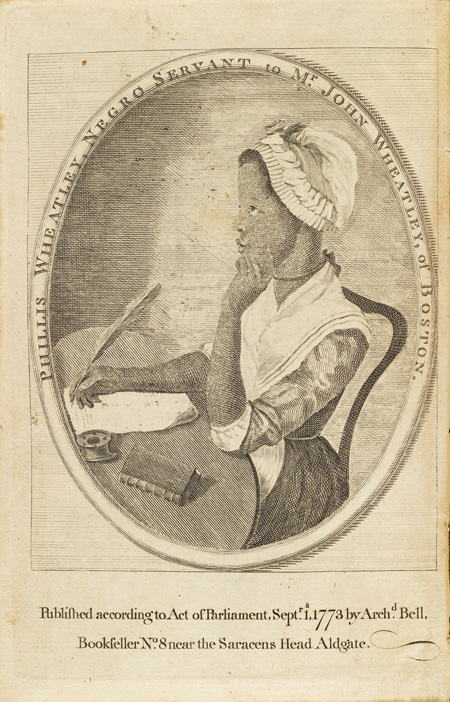
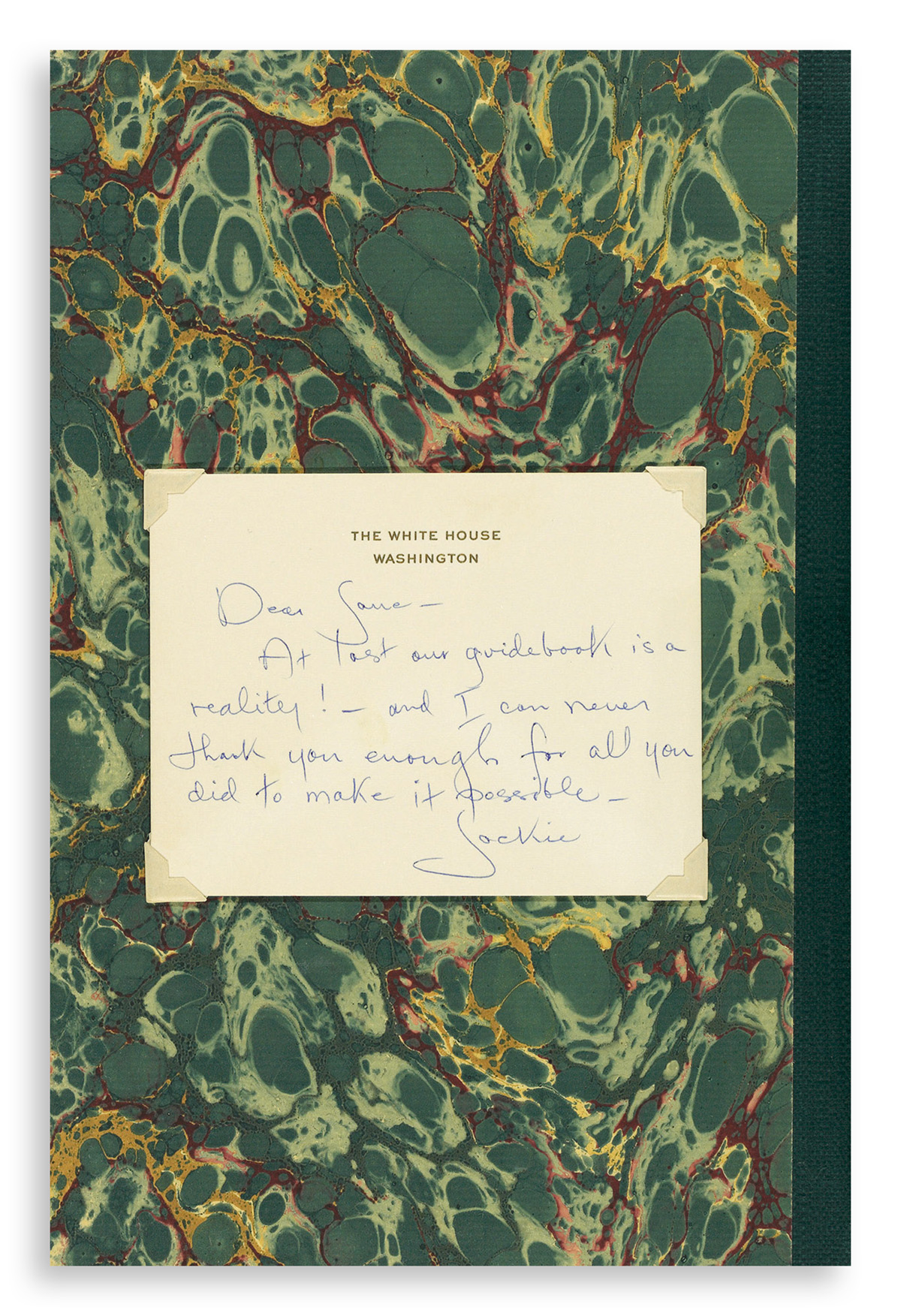
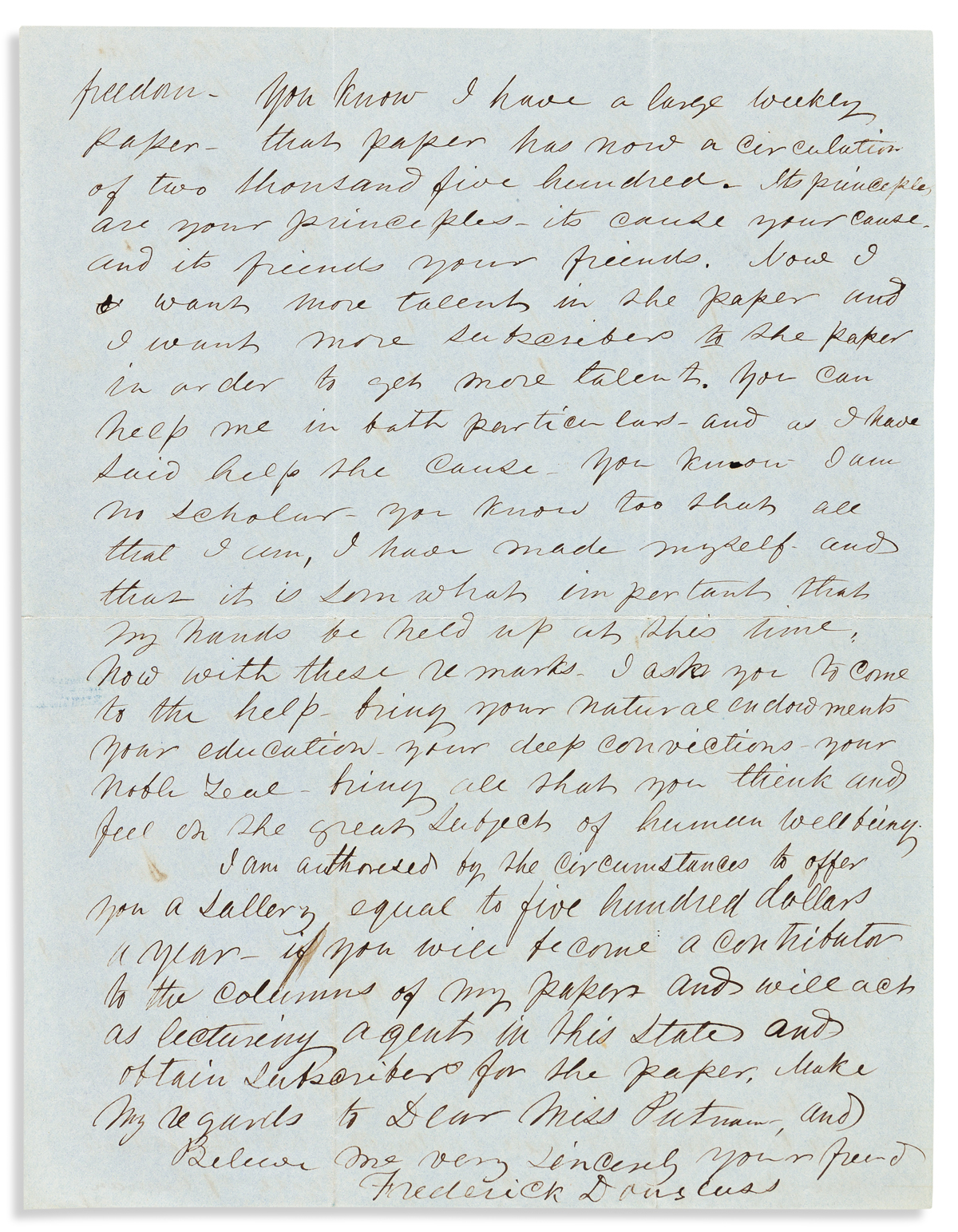





![Grace Meschery-McCormack shares about two copies of Fernando de Rojas’s ‘La Célestine,’ including a limited edition copy illustrated by Pablo Picasso.
At auction April 22. Learn more about the works at the link in our bio.
#Rarebooks #rarebookdealer #antiquarianbooks #auctions
_______________________________________
Music Credit:
Schubert - Piano Quintet in A major ‘The Trout’, D. 667 - IV. Andantino – Allegretto
Music provided by Classical Music Copyright Free on Youtube [https://tinyurl.com/visit-cmcf]
Watch: • Schubert - Piano Quintet in A major ‘...]](https://scontent-iad3-1.cdninstagram.com/v/t51.75761-15/491443494_18499096345036585_5935932878956098058_n.jpg?stp=dst-jpg_e35_tt6&_nc_cat=107&ccb=1-7&_nc_sid=18de74&_nc_ohc=m-4Ir9scQRgQ7kNvwF0EC_d&_nc_oc=Adk6vWHvJMH5TK67zw75jTpjO3KqV6u2qJzpfUwC4bmSaYLGiSmw5xfkUuplusJ5mI8&_nc_zt=23&_nc_ht=scontent-iad3-1.cdninstagram.com&edm=AM6HXa8EAAAA&_nc_gid=4U4CHLYdu78WkdUqz4Xo1w&oh=00_AfG9ug13M8ekS4Det61ZgnIqaeZrxFz_1gIX22cE4pAG-w&oe=6809C351)









